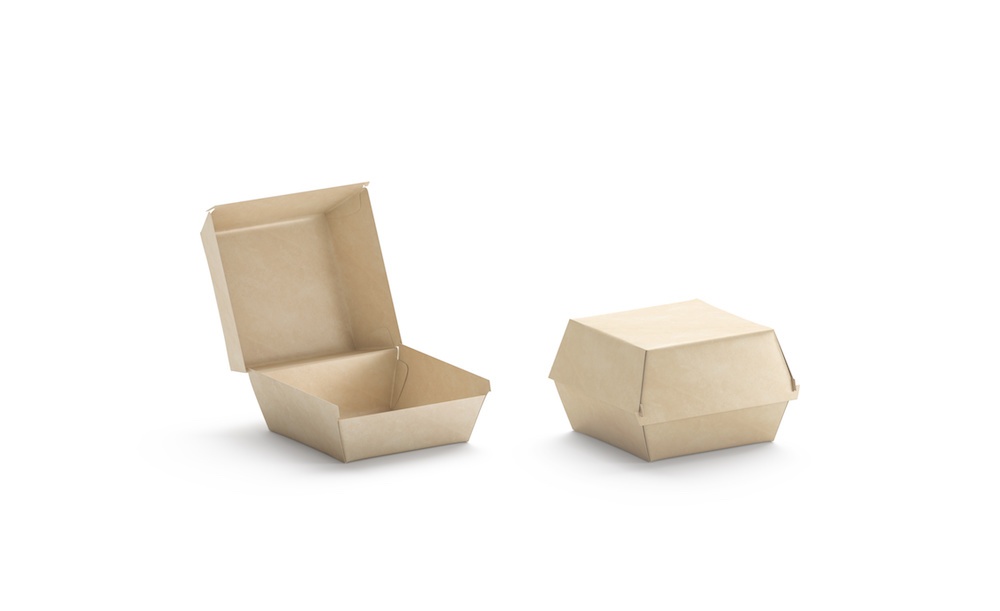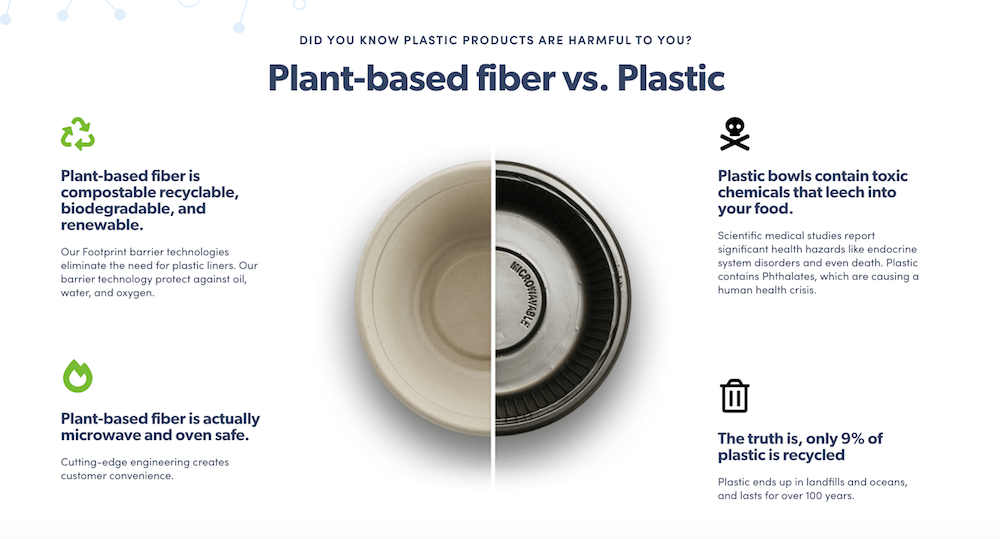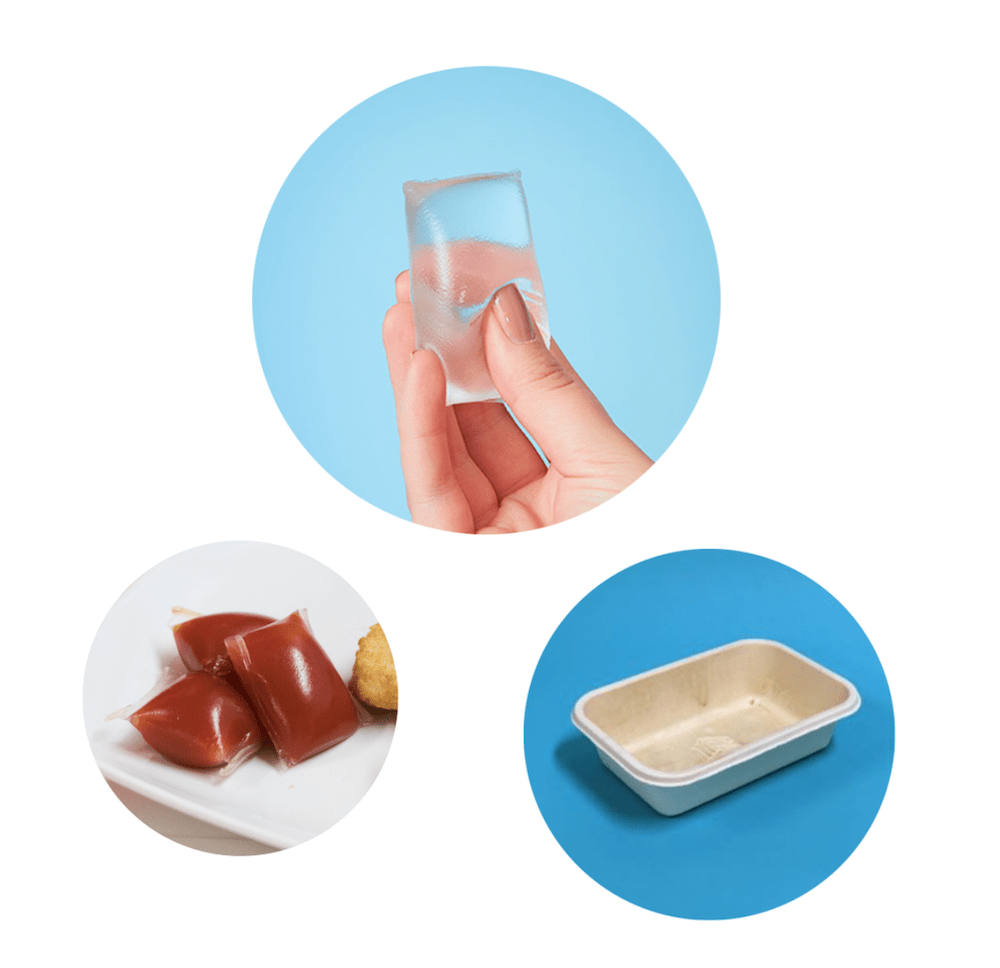It’s no secret that the plastics industry is problematic for the environment. In fact, consumers’ demands for alternatives to single-use plastics are growing louder each year and companies worldwide are starting to promise change in their supply chains.
But change is easier said than done. Traditional plastic is a highly functional product that researchers are finding hard to replace.
In today’s post, we’ll explore why plastic is so hard to replace, and we’ll take a look at some companies that are attempting to make change for good.
Why Plastic Packaging is So Ubiquitous
There’s a reason why it’s so hard for so many industries to ditch plastic for good. Since its invention over 100 years ago, it has provided some hard-to-beat perks to many along supply chains the world over. Here are a few of the reasons why plastic is hard to replace.
1. It is so much cheaper to produce than other types of packaging material. According to some studies, plastic packaging can cut production costs by almost half when compared to alternative packing materials.
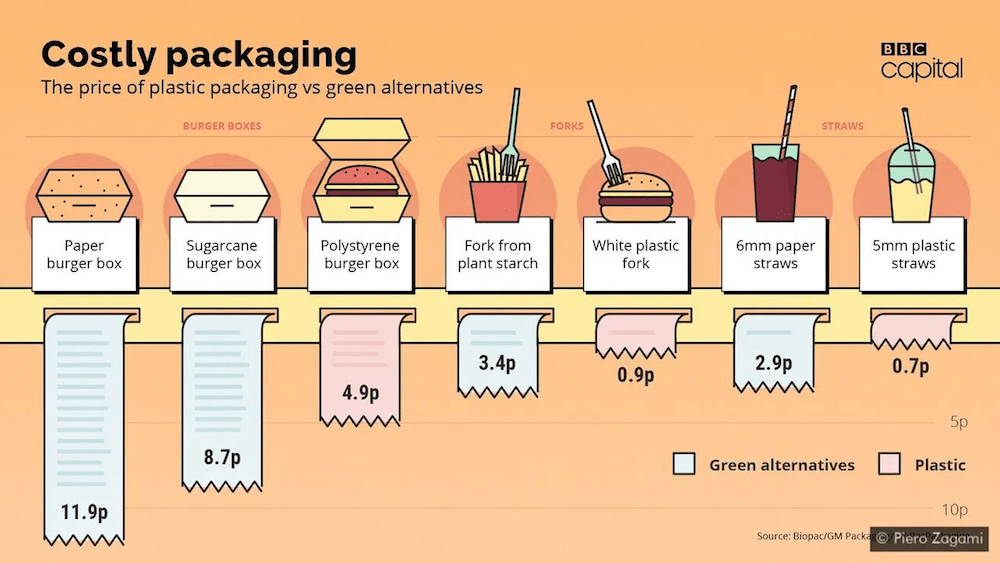
Image Credit: Piero Zagami
2. Cheaper to transport than heavier materials like glass. Waste isn’t the only factor researchers consider when weighing the environmental impact of a product. They also factor the energy required to transport that product from production facilities to distribution centers and then to retail. According to the BBC, “Transporting drinks in the heavier containers requires 40% more energy, producing more polluting carbon dioxide as they do and increasing transport costs by up to five times per bottle.”
3. Plastics lengthen the shelf life of food by a significant amount. Food waste is an issue worldwide, and plastics have been a key factor in lengthening the amount of time that food can stay fresh. For example, a cucumber sold with no packaging around it has a shelf life of 4 days. With a plastic sleeve around that same cucumber, it would stay fresh on the shelf for 14 days.
Alternatives to Plastic Packaging
With so much demand from consumers for more eco-friendly packaging options, researchers have been in a race to find a replacement for traditional plastic. Here are some of the alternatives in the running.
Corn-Based Plastics
Instead of engineering plastic from crude oil, many companies are opting for plastic made with polylactic acid (PLA), a resin derived from one of the original American resources: corn. Advocates of this option cite its renewable source (the plant) and the fact that it is technically compostable. Critics point out that “compostable” is used generously here – it must be composted in a large facility where the plastic is exposed to 140-degree temperatures for ten straight days.
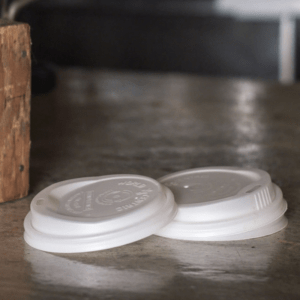
Image Credit: Good Start Packaging
Molded Pulp
This packaging is made from a variety of materials which can include: bamboo, paper, cardboard, or sugar cane, etc. The obvious advantage of this option is the sustainability factor. This is a very “green” option as these materials are almost always recyclable and are also biodegradable. The downside is the cost of production and its functionality. For items such as food or beverage products, these materials don’t offer the same protection from leaks or spills that traditional plastic does.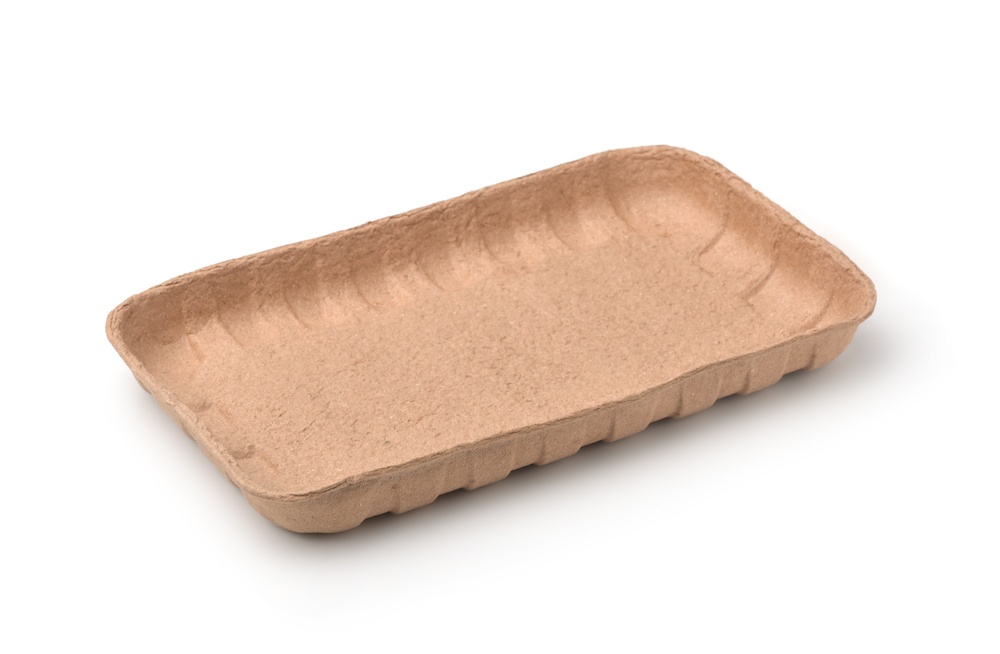
Paperboard
Like molded pulp, paperboard packaging is super sustainable, can be molded to fit all package shapes and sizes, and can even be comparable price-wise to producing plastic. This is a viable option for many companies if their products aren’t fragile or liquid in nature. The disadvantage to this material is that it can’t stand high heat temperatures, and is obviously not a great option for spillable materials.
Businesses Working on Alternatives to Plastic Packaging
The race for alternatives to plastics has attracted businesses worldwide to try their hand at the packaging game. Here are a few interesting companies developing products that reinvent the way we think about packaging material.
Evocative Design
This New-York based company is growing – yes you read that right – growing their own packaging from the root structure of mushrooms. This approach has created lots of buzz in the scientific and packaging communities as a viable way to replace plastics with a truly compostable (even at home!) material.
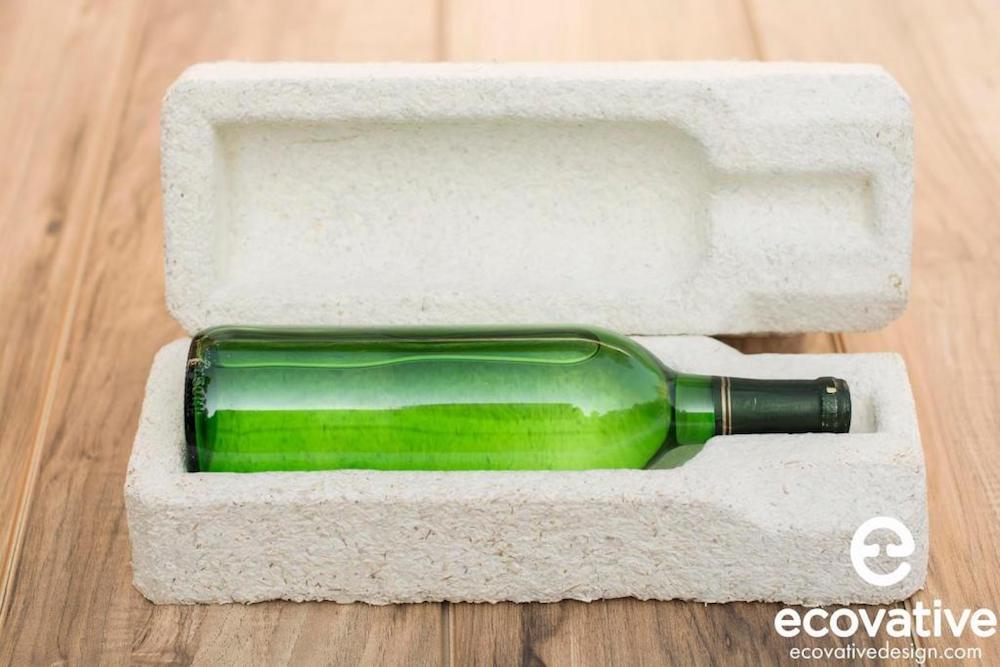
Image Source: Evocative Design
Footprint
This U.S. company is developing fiber-based products for the food supply chain (the largest user of single-use plastics). Their cutting edge technology has developed plant-based containers that are microwave and oven-safe.
Notpla
This company has developed technology that creates packaging material out of seaweed that biodegrades in weeks. Their signature product is a small, clear pouch made from seaweed that they hope will replace single-use condiment packets.
Zero Grocery
This company isn’t developing new material, per se, but they are rethinking what sustainable grocery shopping could look like. The founder recognized the difficulty of lugging glass bottles and cloth bags to and from the grocery store, especially for those with busy jobs or kids in tow. Zero Grocery is a zero-waste delivery service. Your groceries are dropped off in glass containers (think of the milkman!) and then picked up for cleaning and reuse.
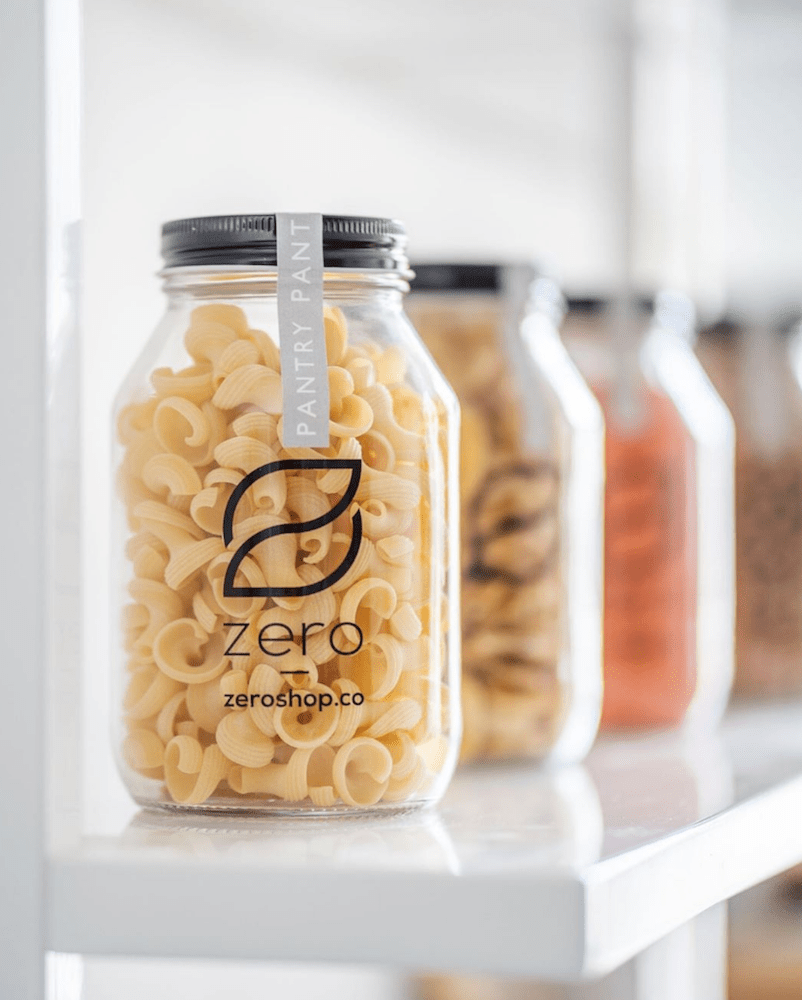
Source: Zero Grocery
We’re still a long way off from seeing plastic totally eliminated in supply chains, especially in the food and beverage industries, but companies like these give us hope that in due time, we’ll have packaging alternatives that are good for our pockets and the planet.
Contact Deal Design today for all of your product packaging and design needs!


